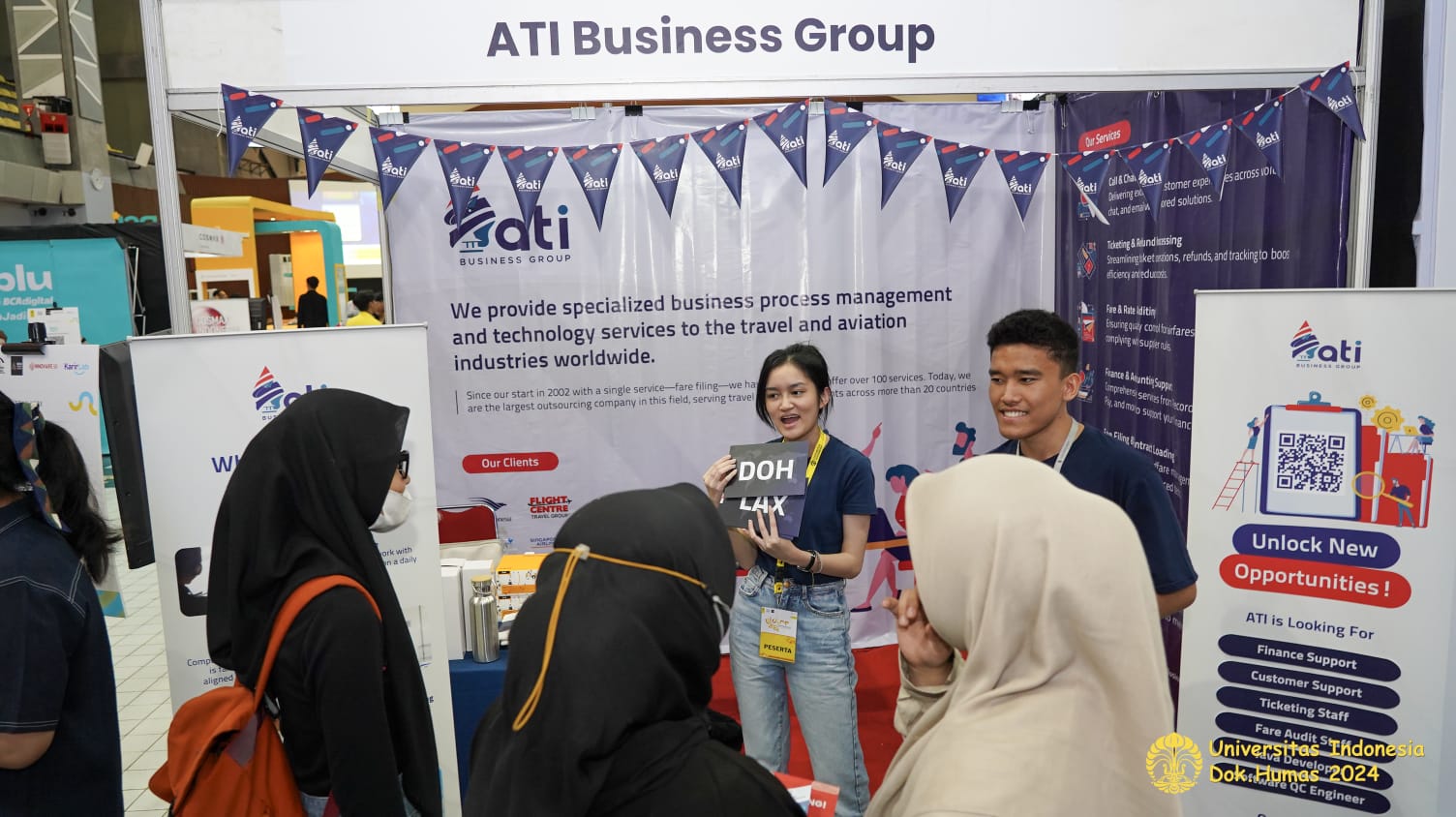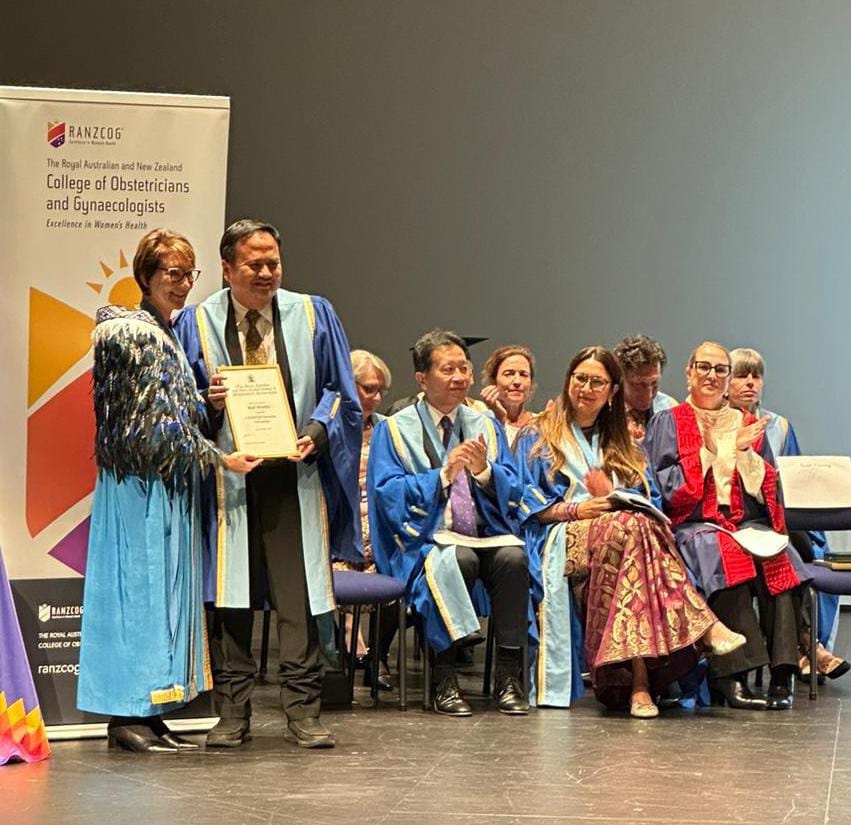Depok, November 2nd 2023. The increasingly massive development of technology, especially Artificial Intelligence (AI), is not only felt by the industrial sector, but also by the government and education sectors. To adapt to the rapid development of technology, Universitas Indonesia (UI) has utilized AI and various applications to support teaching and learning activities.
The development of AI has proven to provide benefits for universities in developing various applications to support teaching and learning processes as well as administrative processes. However, AI also has side effects in the form of the possibility of misuse of technology.
In this regard, the UI Bureau of Transformation, Risk Management and Evaluation Monitoring (TREM) together with the Korea Advanced Institute of Science & Technology (KAIST) held a workshop related to digital transformation and the role of AI in the higher education environment. This activity was held on Thursday (26/10) in a hybrid manner from Meeting Room A, 2nd Floor, University Administration Center Building (PAU), UI Depok Campus.
“Just as various processes at universities utilize digital systems in each faculty/school/vocational school, every actor who plays a role also needs to know and understand the role of digitalization in higher education. Inseparable from the context of digitalization, the use of AI also plays a big role in the lecture environment, for example with the emergence of ChatGPT which can be a challenge in itself in the education delivery process,” said Head of the TREM UI Bureau, Vishnu Juwono, S.E., M.I.A., Ph.D.
Through this workshop, Assist. Prof. Kyung Ryul Park as Graduate of Science and Technology Policy and Adjunct Professor from KAIST College of Business provided understanding and training about the use of digital aspects in higher education and how to adapt to the digital environment. A total of 50 participants consisting of the TREM UI Bureau Transformation Team as well as faculty and PAU representatives took part in the workshop.
In the workshop, Prof. Kyung explained several new terms in the realm of digital transformation that are important to note, namely AI, blockchain, cloud computing and data. He also explained several categories of AI. “In truth, there is no classification that has been clearly defined regarding AI taxonomy. However, there are several taxonomies, namely Machine Learning (ML), Natural Language Processing (NLP), for example ChatGPT, text analysis and voice detection, Computer Vision, and Robotics & Manufacturing Optimization,” said Prof. Kyung.
The presence of AI brings enormous opportunities in the world of education. The application of AI in higher education institutions involves various aspects that can improve the effectiveness and quality of learning. One of the main applications of AI is in providing smart content that can break down textbooks into concise material that is easy to understand and suits students’ needs. Apart from that, AI also supports personalized and adaptive learning which is able to adjust learning methods and activities according to the interests and needs of each individual.
Furthermore, AI can be used in evaluation with an automated grader mechanism which can help reduce the burden on teachers in assessing student work. Universities can also develop virtual facilitators who can become teaching assistants in providing assistance and answering students’ questions. Lastly, AI systems can be used in exam proctoring to ensure the authenticity of students’ work during exams and prevent cheating.
As concrete examples, there are various AI applications that use Natural Language Processing such as ChatGPT 4.0 and Zabaware, chatbot applications such as Cleverbot and Elbot, AI writing assistants such as Grammarly and QuillBot. Additionally, there are personalized language learning platforms such as Duolingo, Memrise, and Babbel.
However, there are several challenges in utilizing AI that need to be considered seriously. Some traditional jobs such as translators and storytellers will be at risk of being replaced by AI. The impact is not limited to technological aspects alone, but also influences policy, education, and the employment landscape in the future. Humans have to compete not only with fellow humans, but also with robots. Therefore, the response of universities to changing times is very crucial.
This certainly needs to be addressed by creating a balanced policy, which regulates the use of AI in the university environment and balances it with face-to-face learning. Apart from that, there is a need for the government to play a role in regulating regulations such as the General Data Protection Regulation (GDPR) created by the European Union (EU) which regulates data security and privacy to minimize the negative impact of the use of AI.



